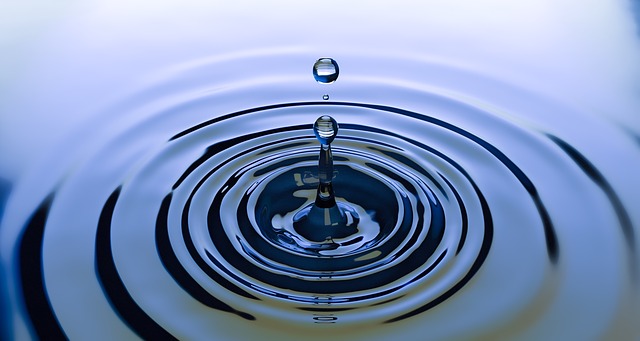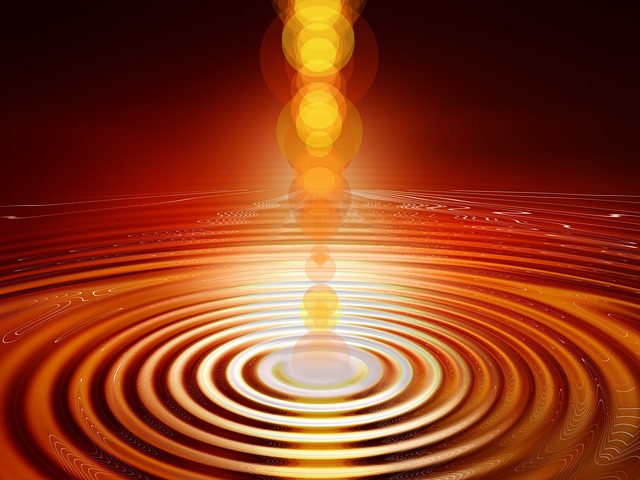Previously I discussed the prospect of undertaking a personal life review by chunking up the task and focusing on some aspect of your life, e.g. self-care plan, putting yourself in other’s shoes (role reversal), reviewing your life purpose (what gives meaning to your life) or addressing the questions that arise from near-death experiences or the experiences of the dying. Here I focus on your capacity to pay attention and ways to protect it as a part of a life review (how you spend your time and energy).
In his latest book, Stolen Focus: Why You Can’t Pay Attention, Johann Hari, warns us that our capacity for paying attention is being stolen from us hourly, every day. He researched and wrote the book because he found that his attention span and that of others was diminishing rapidly. He found, for example, that he no longer was engaged in “sustained reading’ of novels, a pastime he loved. He pointed out that because of the pace of life and our expectations (our own and that of others), we have resorted to multitasking. Research increasingly points out that multitasking, designed for computer processing, is undermining our ability to pay attention and our capacity to focus.
Johann maintains that multitasking continuously serves up distractions (the next task before the current one is completed), causes us to “switch” and lose time restarting, and robs us of the power of immersion which enables us to gain depth of insight through recognition of connections. I used to tell my doctoral students that they will not be able to contribute new knowledge (a basic doctoral requirement) unless they spend the time to focus and immerse themselves totally in their topic (always setting aside interesting ideas that do not relate directly to their focus). One consequence of multitasking is that we gain only superficial knowledge, miss important insights and undermine our capacity to reflect-in-action and reflect-on-action.
A digital retreat
Johann adopted a radical solution to restore his capacity to pay attention. He took a “digital retreat” far away in a reasonably remote place without access to the internet. He had a phone with no internet access (for emergencies only) and a laptop that served as a word processor only (not having internet access). He found that the three months he spent in this retreat from digital overload challenged him immensely. He noted that he continuously sought his phone as his default when he was bored and that he could not write because of his mental disturbance through lack of access to external news and information. He allowed himself morning newspapers which served to keep him up to date but were well within his capacity to understand and absorb (unlike the usual information overload and overwhelm that normally arrives via the internet and social media that felt like “having your mouth on water from a fire hose”). He suggested that the speed of information flow that we are bombarded with is effectively “a constant drip-feed of anxiety provoking factoids” (information that is unreliable but treated as if it were fact).
As Johann regained his balance through spending time in nature and enjoying the surrounding waters of his beachside location, he found that he could slowly begin to focus on writing a new book which he had been planning for some time. His capacity to pay attention returned as well as his creativity. He found that once again he was “in the flow” – a state that he commonly achieved earlier on when researching and/or writing.
Undermining our “flow”
Johann suggests that the continuous flow of internet-based information and habitual tendency to access it is “crippling our flow states”. He draws on the work of Mihaly Csikszentmihalyi who coined the phrase “flow”. People who achieve “flow” or are “in-the-zone” tend to sustain their attention and focus (without distraction), lose track of time and achieve optimal performance in whatever endeavour they are undertaking. Johann, drawing on the work of Mihaly maintains that to achieve flow, you need to satisfy three conditions – (1) have a single focus/goal, (2) which involves something that is meaningful, and (3) incorporates a “stretch” element (not too easy but not way beyond your capabilities, in other words, extends your capacities.)
Johann developed a close friendship with Mihaly and, in his “Stolen Focus” book, provides a unique insight into Mihaly’s life and how he developed the concept of “flow”. This makes interesting reading and reinforces Mihaly’s orientation to “positive psychology” and his rejection of the deterministic approach of B.F. Skinner and his processes of “positive reinforcement” and “negative reinforcement” used to train animals, especially pigeons. Johann, like Mihaly, contends that we have a choice – we can choose “fragmentation” (continue to live a life of distraction, information overload and emotional inflammation) or adopt the practices that lead to a life of “flow”.
Reflection
When you read Johann Hari’s research and deep reflection in his Stolen Focus book, you become increasingly aware of the denigration of our capacity to pay attention and focus. His work prompts a number of questions that could be used as a basis for a life review:
- How are you using mindfulness practices to develop your openness to change?
- Do you take “pauses” amongst the busyness of life to regain focus and clarity?
- Are you obsessed with the news?
- Are you willing to take a “digital detox” to overcome what Hugh Van Cuylenburg describes as “addiction to social media”.
Johann undertook an extended “digital detox” through his digital retreat and his “Stolen Focus” book (with its research of over 250 scientists) provides indisputable evidence of his ability to regain his capacity to pay attention and focus, and achieve flow.
As we adopt different mindfulness practices or undertake a regular practice such as Tai Chi or Yoga we can grow in mindfulness and gain insight into our “inner landscape”, develop our courage and motivation to change and achieve increased powers of attention and focus. This will bring more frequent incidences of flow in our lives and help us to experience a greater sense of achievement, joy and happiness. A starting point is to review our life and explore what we are doing to protect (or undermine) our attention and focus. Daniel Goleman reminds us in this era of chronic distractedness that Focus is the Hidden Driver of Excellence – a conclusion he reached through exploration of the science of attention.
_________________________________
Image by Arek Socha from Pixabay
By Ron Passfield – Copyright (Creative Commons license, Attribution–Non Commercial–No Derivatives)
Disclosure: If you purchase a product through this site, I may earn a commission which will help to pay for the site, the associated Meetup group, and the resources to support the blog.

